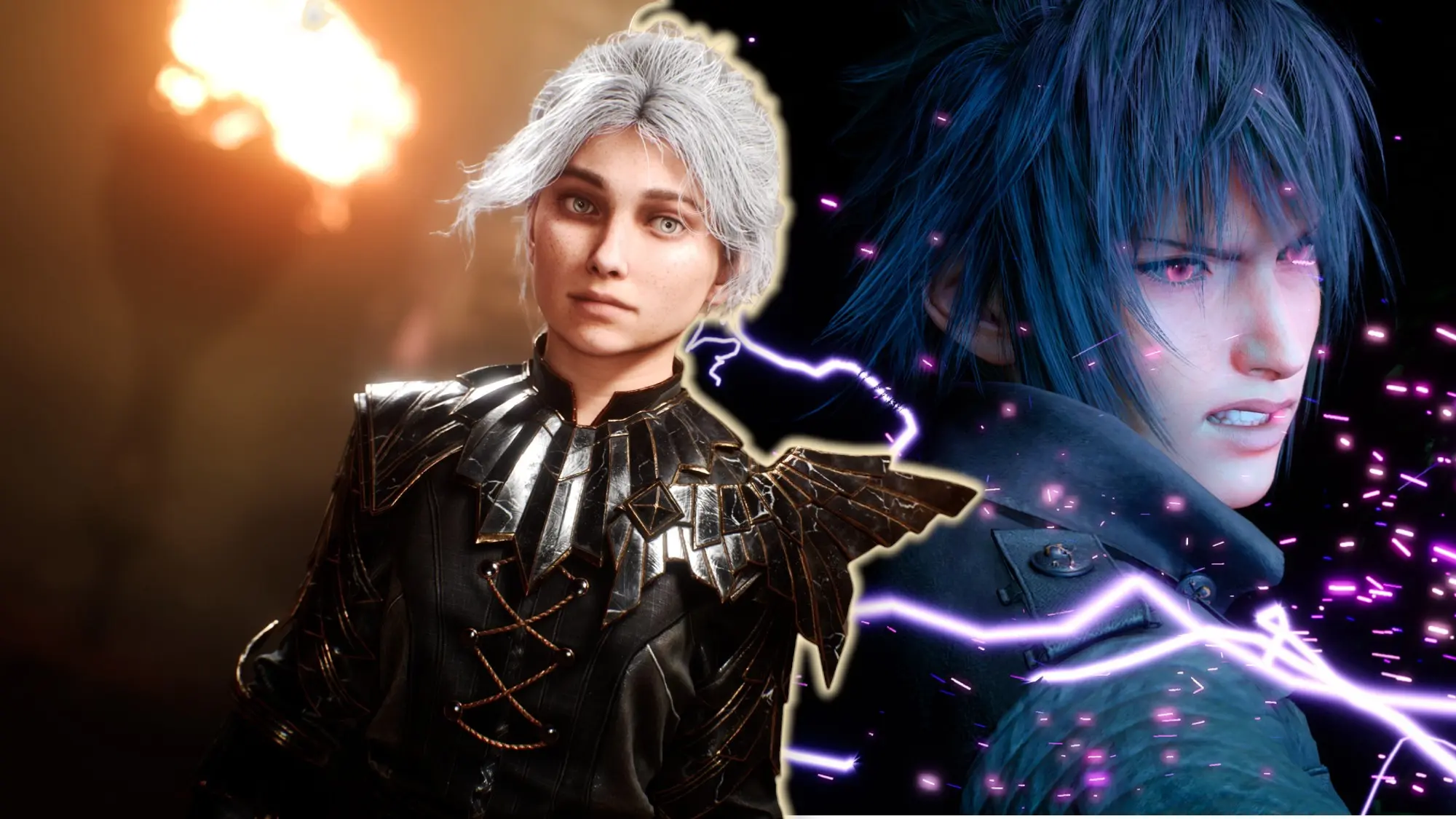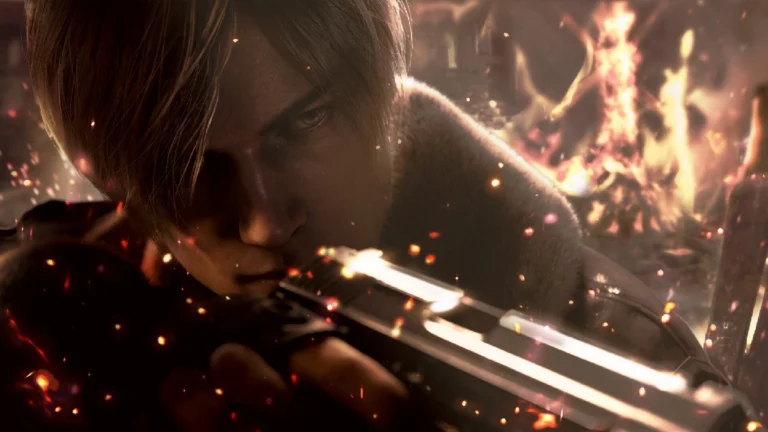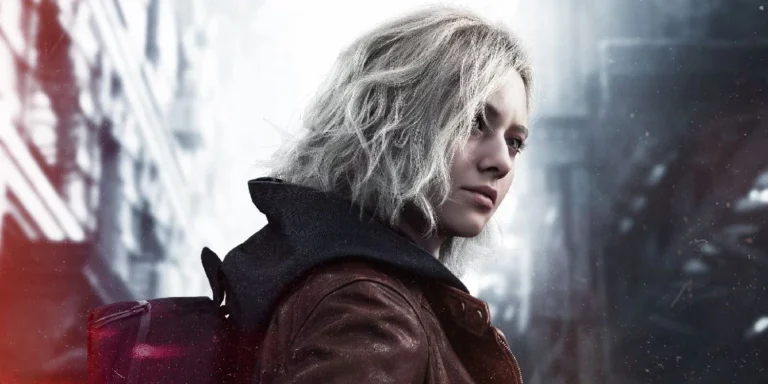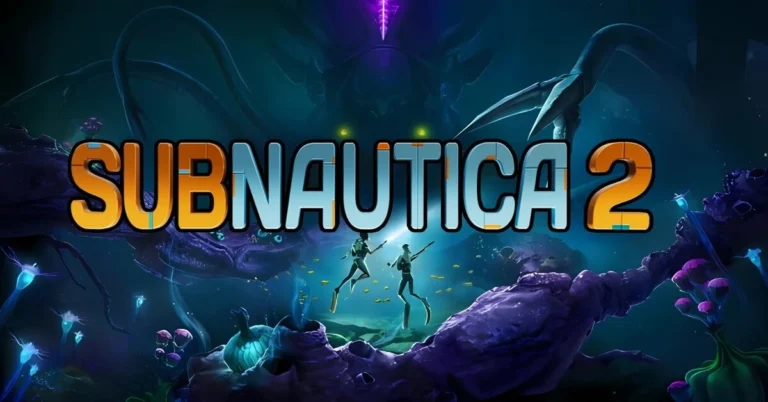Two game directors from very different backgrounds recently sat down for a rather long discussion about the worlds they create, and the different philosophies behind them. Final Fantasy XV director Hajime Tabata, and Guillaume Broche, the creator of Clair Obscur: Expedition 33, shared their ideas and views in a recent interview from Japanese media denfaminicogamer.
For those who have not heard of it yet, Expedition 33 was developed by French studio Sandfall Interactive, with Broche directing it. The game tells the story of a cursed cycle where, each year, the “Paintress” awakens to write numbers on a monolith, and everyone of that age simply dies. Your goal is to go on an expedition to break this fate. The game mixes perfectly turn-based combat and incredible world building, with clear inspiration from classic JRPG.
Broche has a big love for Japanese RPGs. His very first console was a PlayStation 1, and his first game was Final Fantasy VIII. He says the game taught him both gaming and Japanese. He played other games like Suikoden, Persona, Atelier, Legend of Dragoon, and Shin Megami Tensei, and he sees Expedition 33 as the culmination of that lifelong passion.
Differences Between JRPG & Western RPG
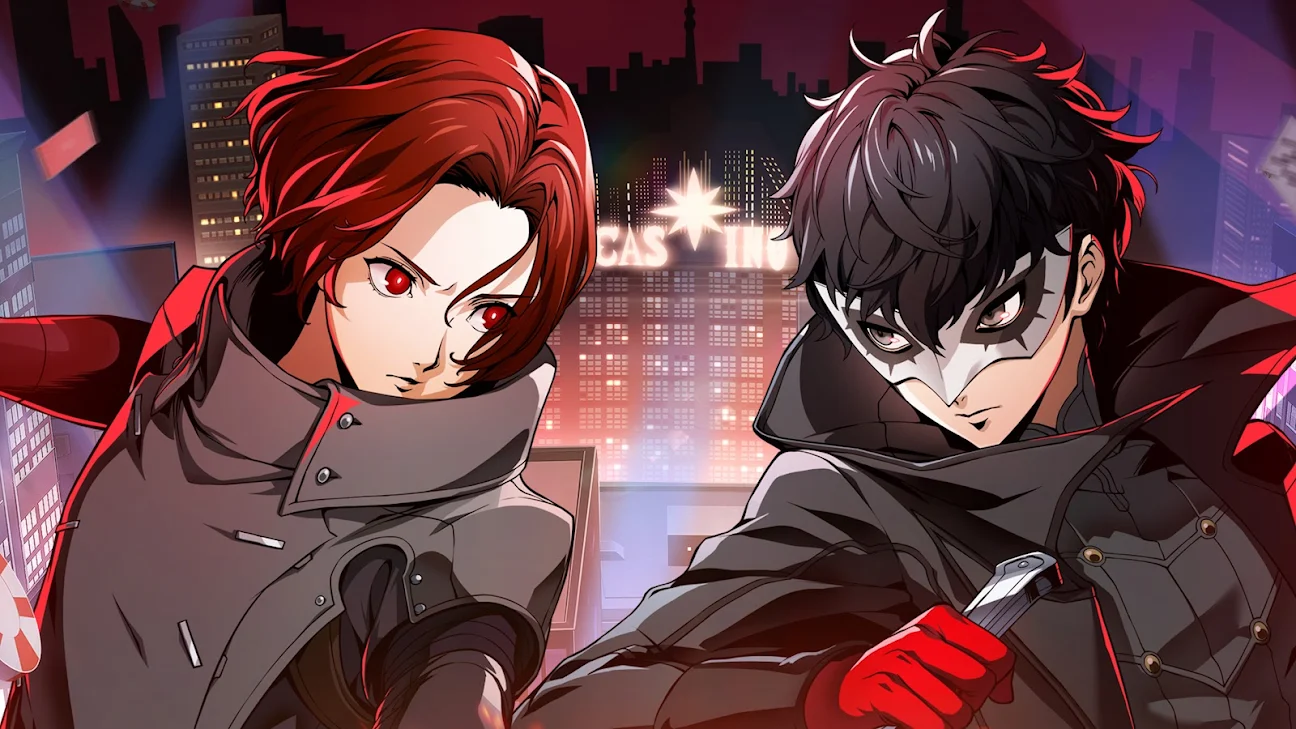
When going over what differentiates JRPGs from more Western RPGs, both directors agreed on a few key points!
- JRPG
- Enemies often need a reason to fight
- It is common to have previous enemies join forces with the hero to face stronger enemy
- A lot of strong Japanese values are often put forward
- The power of friendship is very important
- Often the antagonist ends up changing his mind
- There is a big focus on growth
- The main character is very weak when you start, and grows a lot as the story evolves
- Story is more linear
- The story often becomes the player’s own memories
- You get to see more unique worlds, drawn from fantasy, that you have never seen before
- You get a well crafted, multi-layered progression system
- Western RPGs
- Ending often changes depending on player choices
- The games have a more serious tone
- The world itself often draws more from real places
- You have a more realistic, down to earth world view
- Often end on a more cruel note, where all the enemies die, or all the heroes die
Basically, they said that in Japanese games, enemies often have moral or personal reasons for fighting, and it is not unusual for an enemy to become a trusted ally. The focus is on emotional growth. The protagonist starts off weak, but evolves alongside their friends.
As Broche joked, “In Japanese games, you start off defeating rats, but in the end you defeat God too.” These games often follow a more linear story path, with carefully written arcs. The result is worlds that feel spectacular and unique.
On the other side, Western RPGs tend to let you choose your own story. Choices matter, endings change, and moral lines are often sharper. You have a more serious and realistic tone from start to finish, and a more radical outcome for antagonists.
A Shared Goal – Inspiring Players
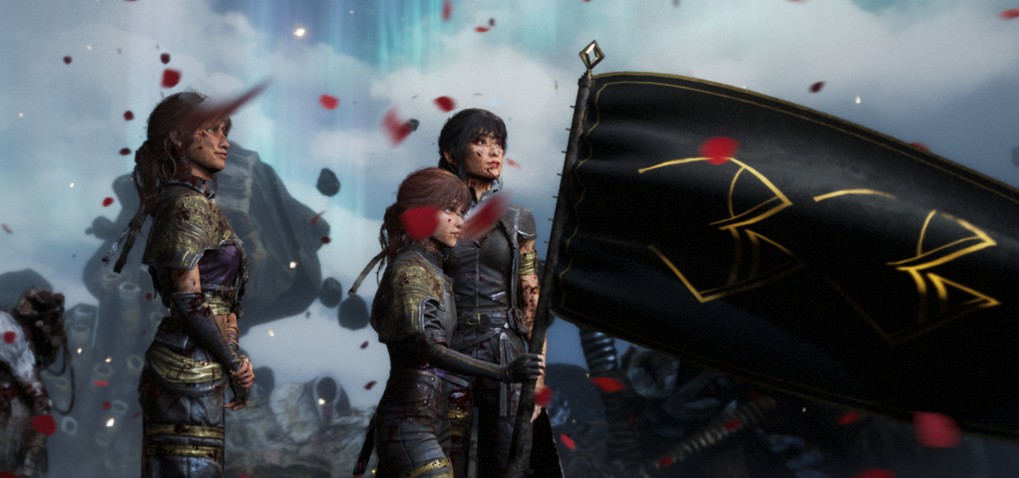
Despite their differences, both Tabata and Broche see RPGs as a way to inspire. It can be through big adventures, emotional characters, or unique worlds, they hope players walk away not just entertained, but maybe even motivated to create games of their own. As Broche puts it, “game development is a joy worth sharing with the next generation of storytellers.”
